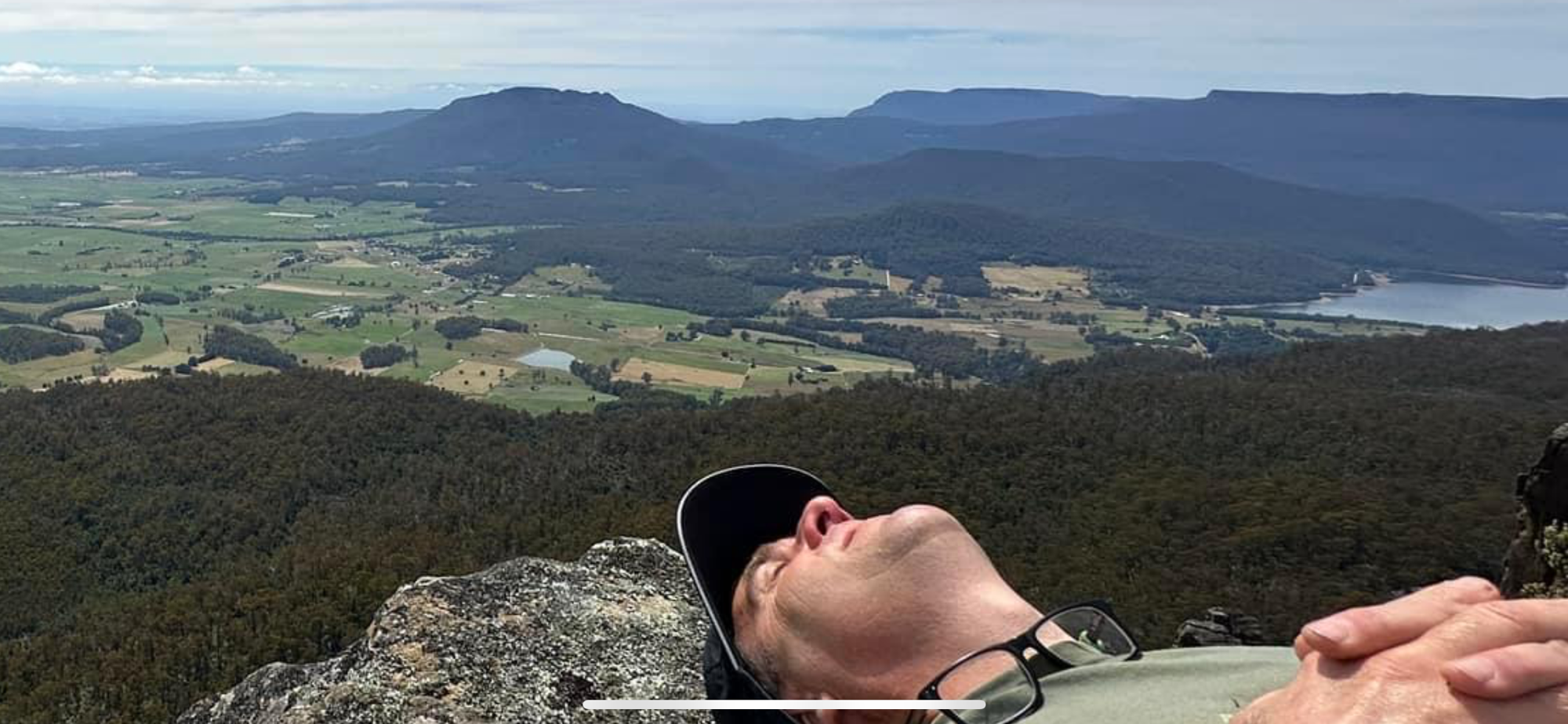Amidst the chaos of the COVID era, “The Ruthless Elimination of Hurry” by John Mark Comer emerged as a beacon of wisdom for countless individuals, myself included. Its profound insights into the importance of slowing down and embracing life with margin deeply resonated with readers globally. For me, it served as both confirmation and culmination of thoughts that had been brewing for some time.
During the pandemic, when delays were inevitable and the frantic pace of life slowed, it was easy to adopt the principles outlined in the book. Living with less hurry seemed not only attractive but almost effortless. The author didn’t intend for this book to be applicable only during extraordinary circumstances. Instead, they were meant to guide us in navigating the everyday hustle and bustle of life.
Delay isn’t merely an inconvenience; it’s a precious gift. It grants us the opportunity to pause, introspect, and cherish the moments that truly enrich our lives. However, in a culture fixated on immediate results and relentless achievement, delays are often perceived as hurdles to be conquered rather than chances for tranquility and reflection. It’s unsurprising, therefore, that many of us find ourselves amidst an anxiety epidemic, yearning for moments of calm.
Personally, I find solace in the outdoors, where the unpredictable nature of weather and environment reminds me to embrace the unknown and find beauty in the unexpected. However, even in this, my sanctuary of calm, I sometimes catch myself rushing, something I now more consciously strive to avoid.

We must shift our perspective and embrace the beauty of living with margin. Instead of rushing from one task to the next, let’s cultivate a mindset of intentionality and awareness of what’s happening around us. By doing so, we can alleviate the stress and anxiety that accompany a life lived in perpetual haste. So let’s heed the wisdom of “The Ruthless Elimination of Hurry” and choose to embrace delay, not as a hindrance, but as a pathway to a more fulfilling and balanced life.
“The problem isn’t when you have a lot to do; it’s when you have too much to do and the only way to keep the quota up is to hurry.”
The Ruthless Elimination of Hurry: by John Mark Comer.
How does this impact my leadership and life?
I’m becoming less concerned about delays. I also seek to create a work culture around this principle also. I sincerely make sure that the people for whom I am responsible in a leadership capacity can function without the fear of failure and concern around delay. They are free to function with margin and I try and encourage them all to create space in their work rhythm so they can keep short accounts with pressure. I encourage them to work with margin and create space in their schedules, allowing them to manage pressure more effectively.
Interesting how our modern solution to our frenetic lifestyles is lock in structured days off, non-negotiable times where nobody can disturb me and I’m unavailable, unaccessible. While this approach has its benefits and works beautifully with the unhealthy rhythm of modern demands, it fails to accommodate reality. Delays and unexpected events are inevitable. Healthy minds can adapt and respond accordingly. That’s why I advocate for spontaneous mental breaks, whether it’s a brief 20-minute walk out of the office or a longer period during more intense times. Our modern obsession with structure and outcomes often discourages us from responding in this flexible manner. The reality is, a life lived with hurry ruthlessly eliminated, there will be plenty of space, margin, downtime and time for others, life just won’t be filled with unnecessary extras.
The greatest example for me is Jesus. He exemplifies a life lived busy but not hurried. His actions were deliberate, his words filled with wisdom, and his demeanor exuded peace amidst busyness. His ability to prioritise what truly mattered, while remaining present in the moment, is indeed an inspiring example for us all.
Im alway moved by the story of Zacchaeus found in Luke 19:1-10, Jesus demonstrates a life lived without hurry. Despite his attention, fame and the pressing needs of the crowds around him, Jesus takes the time to notice Zacchaeus, a tax collector, a despised person, who had climbed a tree to see him. Jesus stops, calls Zacchaeus by name and invites himself to Zacchaeus’ home for a meal. This act of personal attention and acceptance was profound, as tax collectors were often marginalised in society. Rather than rushing past Zacchaeus or dismissing him because of his reputation, Jesus prioritises relationship and connection. He shows patience, intentionality, and compassion, exemplifying a life lived with purpose but without the frantic pace of hurry. This encounter ultimately leads to Zacchaeus’ transformation and redemption, illustrating the power of Jesus’ deliberate and unhurried approach to relationships.
Take the time to live a life less of hurry and don’t be concerned so much about delay. It may be just Gods gift of peace to you or His way of saying here is an opportunity for you to be present where you are meant to be right now.
Andrew Hillier
If you haven’t already, do your self a favour and read the “Ruthless Elimination of Hurry”
You can get a copy at “A New Page Bookshop“ or go to kindle below.

